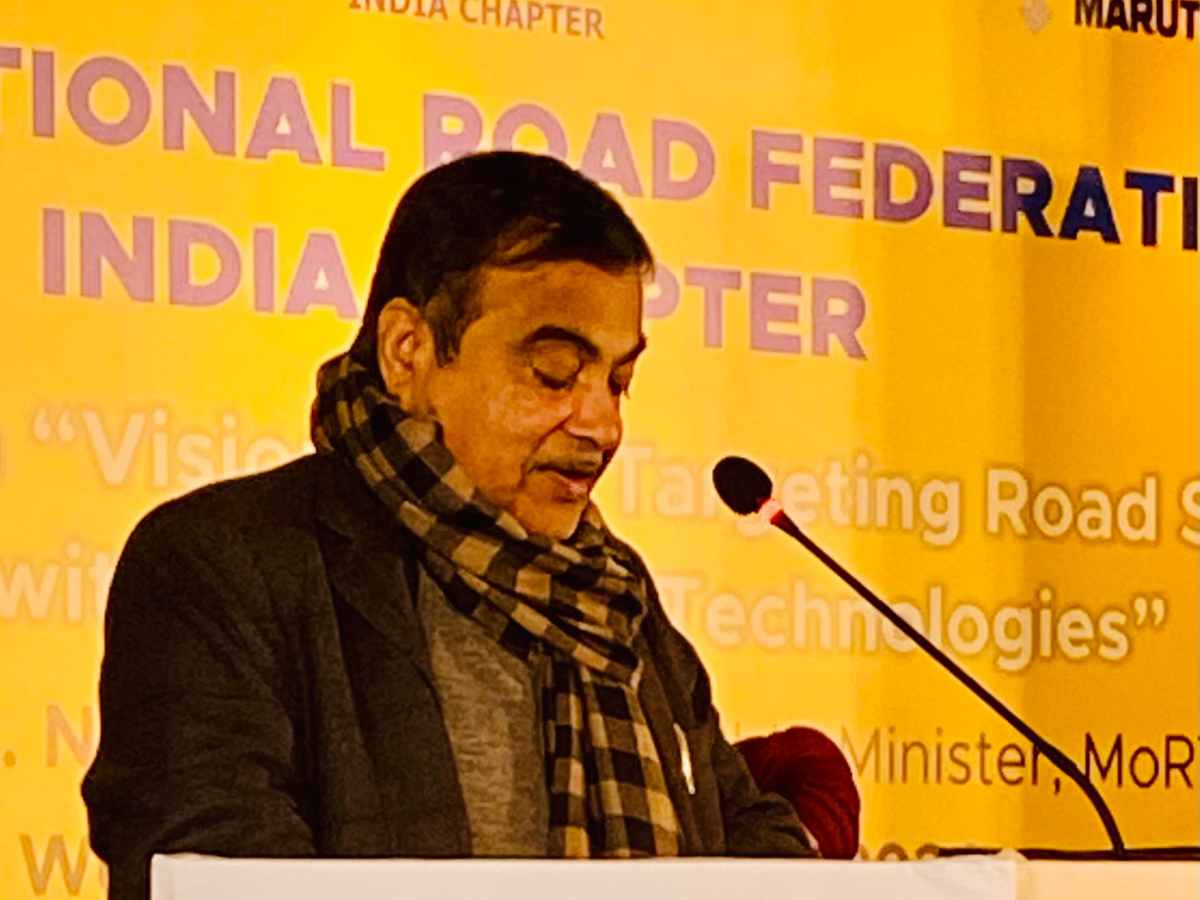MoRTH to change tendering system soon from L1 bids, infra projects to go qualitative: Gadkari
Ministry of roads will soon be adopting qualitative tendering process instead of the least cost bidding process to bring in quality and road safety in various projects

New Delhi: Union Ministry of Road Transport and Highways (MoRTH) is all set to shift to a Quality -Cum -Cost based selection system for bidding for various road construction and related projects instead of L-1 the age-old least-cost selection process for improving quality of the various works.
“Ministry of roads will soon be adopting qualitative tendering process instead of the least cost bidding process to bring in quality and road safety in various projects Qualitative tendering will help incorporating safer road safety features in designs keeping in mind the behavior of the road users “ said Mr Nitin Gadkari, Union Minister of Road Transport and Highways (MoRTH) while speaking at a conference ‘Vision Zero, Targeting road safety by 5E’s with innovative technologies’ organised by International Road Federation (IRF) in league with MoRTH and Maruti Suzuki as part of ongoing Road Safety month.
Read Also : State Bank of India and APIX team launches SBI Innovation Hub for Fintechs“There have been several cases where officers in the ministry have done away with safety features in highway projects to bring down costs and in the name of making them financially viable. Road engineering is the biggest culprit for increasing road accidents in the country. Recently road safety audit was done of Seven roads in the country about 57 engineering shortcomings were found on the Pune-Mumbai expressway alone and 25-28 percent engineering defects on other roads. After rectification of 57 faults on Pune Mumbai expressway the accident rate has almost come down to zero” said Mr Gadkari .
“Road engineering solutions must be taken care of while preparing Detailed Project Reports (DPR). There are several examples of how and why people prefer to cross roads risking them and others rather than using the foot over bridges (FOBs) built on Highways. The FoB’ should be designed to be user friendly with an escalator or a lift and provision of two wheelers and bicycles to cross over ,” Gadkari said.
Read Also : Indian Rupee Hits Record Low, Dips to 84.29 against US Dollar, post US Elections“Promoting a safe transportation system requires a holistic approach including Engineering of roads, Engineering of vehicles, Enforcement, Education and Emergency care These 5Es have been realised world over as pillars of success to promote road safety. The successful implementation of the 5 E's in road safety results in increased awareness, safer road infrastructure, better compliance with traffic laws, encouragement of responsible behavior, and continuous refinement of safety measures.
The ultimate outcome is a significant reduction in road accidents, injuries, and fatalities, creating a safer and more secure road environment for everyone” said Mr K K Kapila, President, Emeritus, International Road Federation (IRF) , a Geneva based global road safety body working for better and safer roads worldwide while speaking at the conference .
“To reduce fatal road accidents worldwide, the concept of forgiving roads is getting popular with zero fatalities. The 5E’s of safe road system include Engineering of Roads, Engineering of Vehicles and Policy Corrections, Education, Enforcement and Emergency care which should be simultaneously carried out on all the roads.” Said Mr Kapila.
Read Also : NHIDCL, AICTE Signs MoU for Internship Program of UG and PG StudentsNews Must Read
- RITES Ltd Q2 results, standalone revenue at Rs 475 crore, declares interim dividend
- NTPC to invest Rs 80k cr for 6,400 MW thermal capacity, stock jump over by 0.8%
- IDFC FIRST Bank to offer real-time tracking for international money transfers
- Oil India Limited Reports H1FY25 PAT of Rs 4,085.46 Crore, 5.5% increase in crude oil production
- GAIL shares rallied over 6.5% post Q2 results, reported revenue of Rs 32,931 crore
- These Two PSUs Sign MoU to Utilize Ash for Mine Backfilling
- Coal India aims to rejoin dividend list as ECL improves performance
- RBI invites applications for RBI Deputy Governor's post, last date to apply Nov 30
- NTPC, ONGC Green Energy Subsidiaries Join Forces for Renewable Energy Initiatives
- SBI appoints Debasish Mishra as Chief General Manager of New Delhi Circle